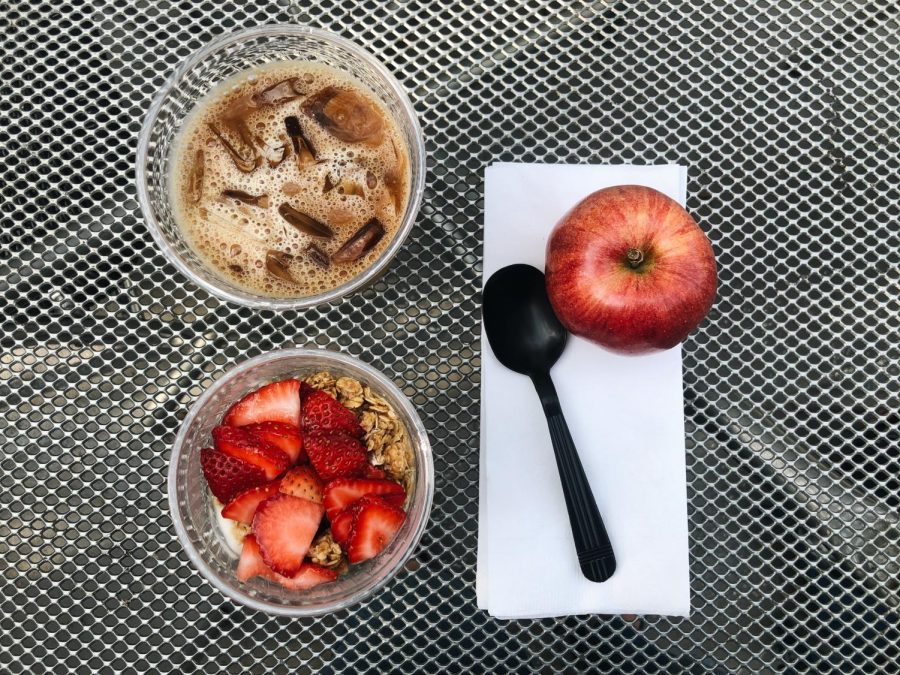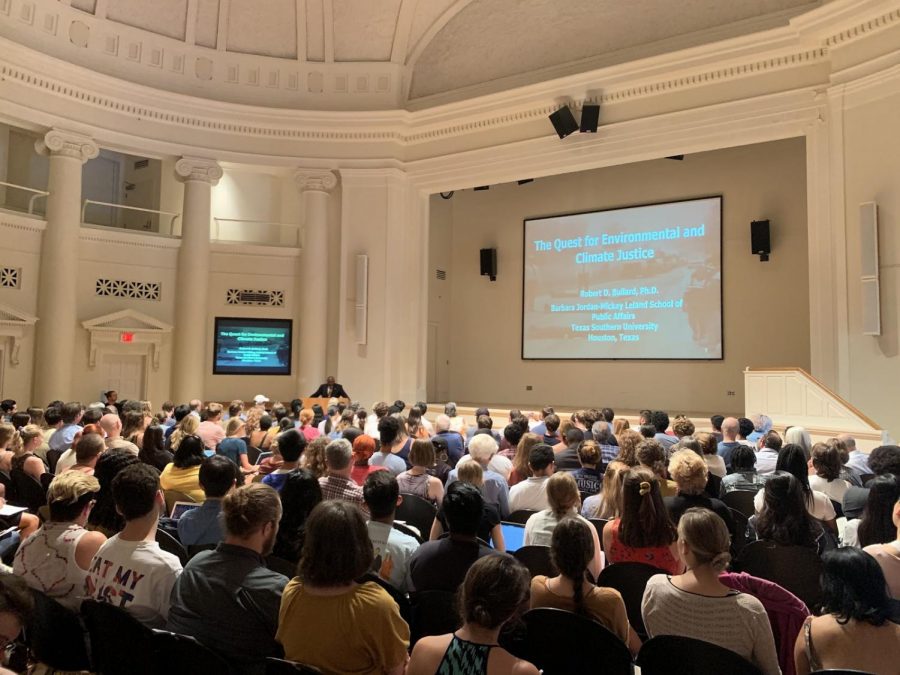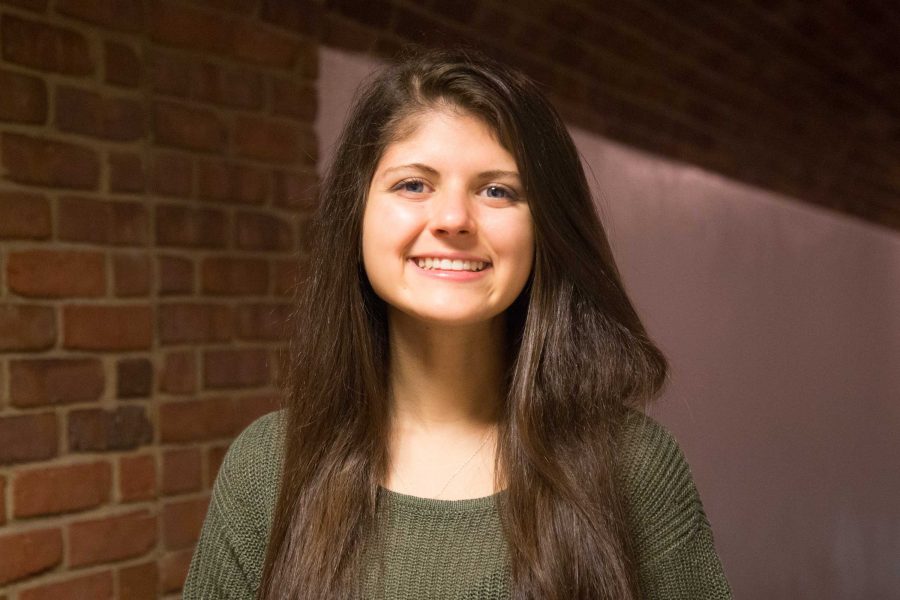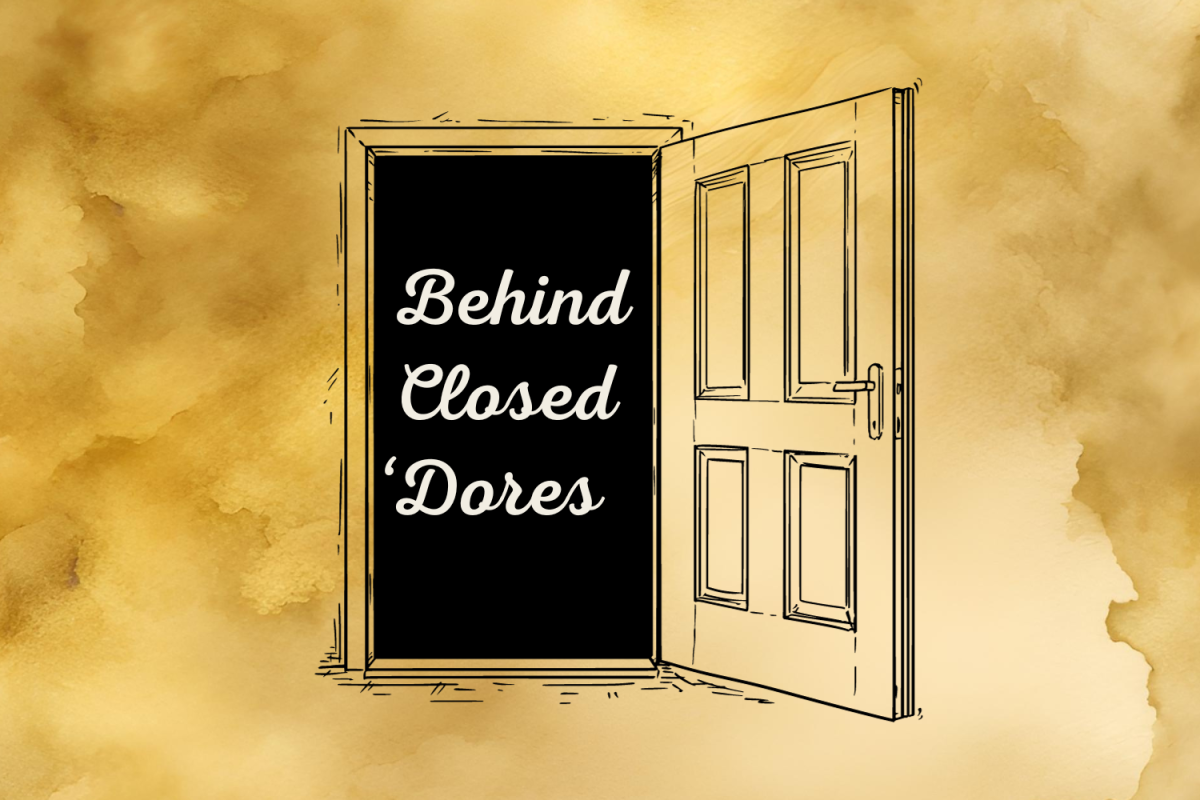There is no shortage of reasons to go vegetarian.
It takes 53 gallons of water to produce one egg, 486 gallons to produce one pound of chicken, 880 gallons to produce one gallon of cow’s milk, and 1800 gallons for every one pound of beef. To put things in perspective, 660 gallons of water (the amount required to produce a ⅓-pound hamburger’s worth of beef) is enough for roughly two months’ worth of showers.
Animal agriculture produces more than 14.5 percent of all global greenhouse gas emissions yearly, 44 percent of which is in the form of methane, a gas that is more than 25 times as caustic to Earth’s atmosphere as carbon dioxide on a 20-year time frame. For comparison, all transportation emissions account for only 13 percent of global greenhouse emissions.
Given these environmental incentives, and Vanderbilt’s many plant-based dining options (Chef James’ Bistro, “Meatless Monday” and Grins), the Life Staff wanted to find out why some Vanderbilt vegetarians chose to cut meat out of their diets.
Interestingly enough, many vegetarians on campus didn’t use ethical arguments against animal products as the foundation of their decision. Instead, the decision to go vegetarian was rather straightforward for some, such as first-year Hannah Hymovitz.
“I don’t like the taste of meat. I don’t like fish because it’s slimy and smells bad. And I don’t eat pork because I’m Jewish. So, the decision was pretty easy for me,” Hymovitz said.
For others, environmental concerns took precedence.
“My decision started with environmental reasons, but I back up that decision with ethical arguments,” first-year Collin Peabody said.
Peabody’s logic was consistent with that of other students, who explained that while ethical issues did not constitute their main argument for going vegetarian, they still considered it. One such student was junior Zahra Biabani, who runs a blog called “Soulful Seeds” dedicated to sustainable clothing options. For her, the moment she became aware of vegetarianism’s many environmental benefits, the decision was a no-brainer.
“While I’m passionate about the animal agriculture industry and how poorly animals are treated, my decision is largely environmental. I’m really passionate about sustainability,” Biabani said. “The health benefits are great too; you’re less at risk for coronary heart disease, and it reduces joint inflammation—it’s also good for your skin, which is a plus.”
For first-year David Tamburri, health benefits superseded all other arguments, as one convincing documentary essentially made the decision for him.
“It sounds like propaganda, but I watched this documentary called ‘The Game Changers.’ It features a cast loaded with famous athletes who’ve gone vegetarian based on the science behind energy extraction processes,” Tamburri said. “Basically, humans are ultimately getting the grain protein that’s coming from another animal. You’re eating steak from a cow, and that cow has eaten grass or wheat or corn, so you’re extracting the same amount of energy from the same source, but it’s going through a middleman. As a result, it’s much less efficient.”
Perhaps what is most interesting about Vanderbilt’s vegetarians is the passion with which they explained their decisions. Whether their goal was peak athletic performance, clearer skin or saving the planet from environmental disaster, almost every vegetarian interviewed had exceedingly substantial and compelling arguments behind their decision to stop eating meat.
If you have an interest in environmental issues or food science and nutrition, investigating vegetarianism is a great way to pursue the ways those interests might relate to your own life.
Maybe next time you find yourself complaining about Meatless Monday, grab a plate of vegetarian lasagna, and think about the positive effects of doing so.


















